STI Awareness Month: Get to Know the Enemy with the Help of GIANTmicrobes
We live in the era where modern medicine, testing and screening are more advanced than ever before. And yet, the incidence of sexually transmitted infections (STIs) has been alarmingly increasing during the last few years.
STIs can affect everyone, regardless of age, sex, gender, or socioeconomic status. STI Awareness Week takes place between April 9-15 and offers a unique opportunity for everyone to find out more about STIs. STI education can be the key to ending the stigma and discrimination and more efficiently tackling, testing and treating STIs in the future.
STIs vs STDs
STIs are passed from one person to another via any kind of sexual activity. Sexually transmitted infections (STIs) are also known as sexually transmitted diseases (STDs), however not all STIs lead to disease development. An infection can often have no symptoms, enabling the quick spread of STIs if regular testing protocols are not in place. STDs can be the result of infections with bacteria, viruses, fungi and parasites and can present with varying symptoms which can be different between females and males.
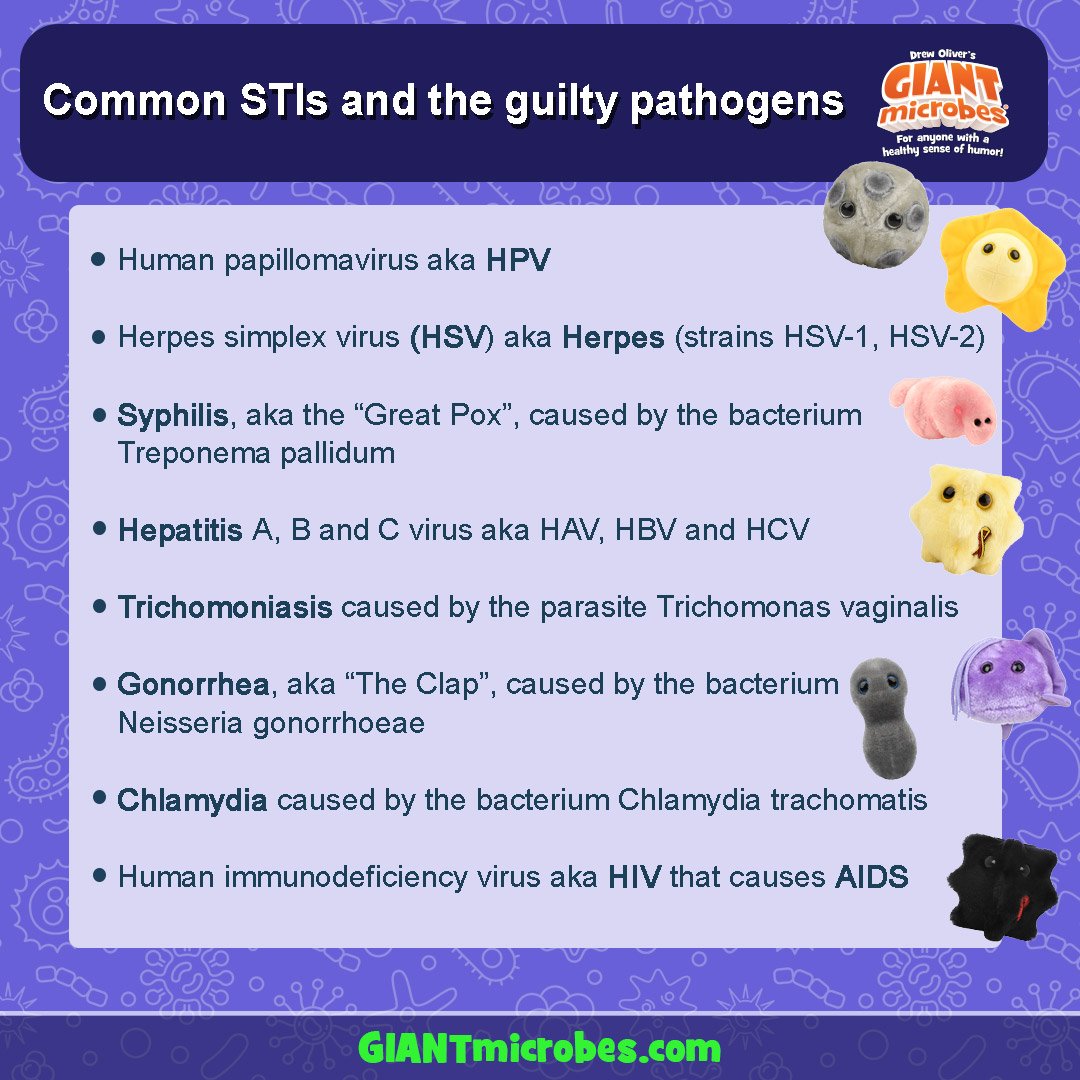
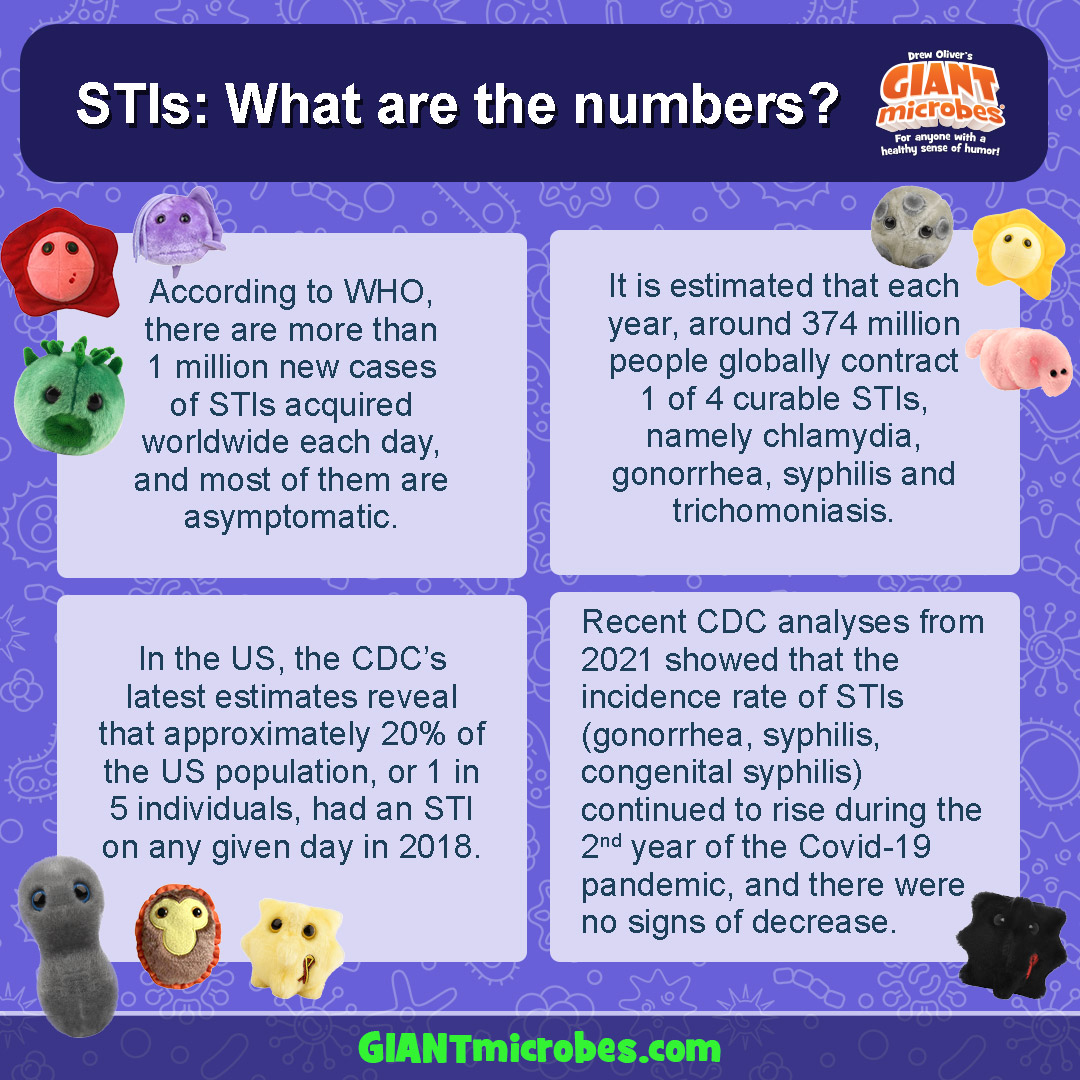
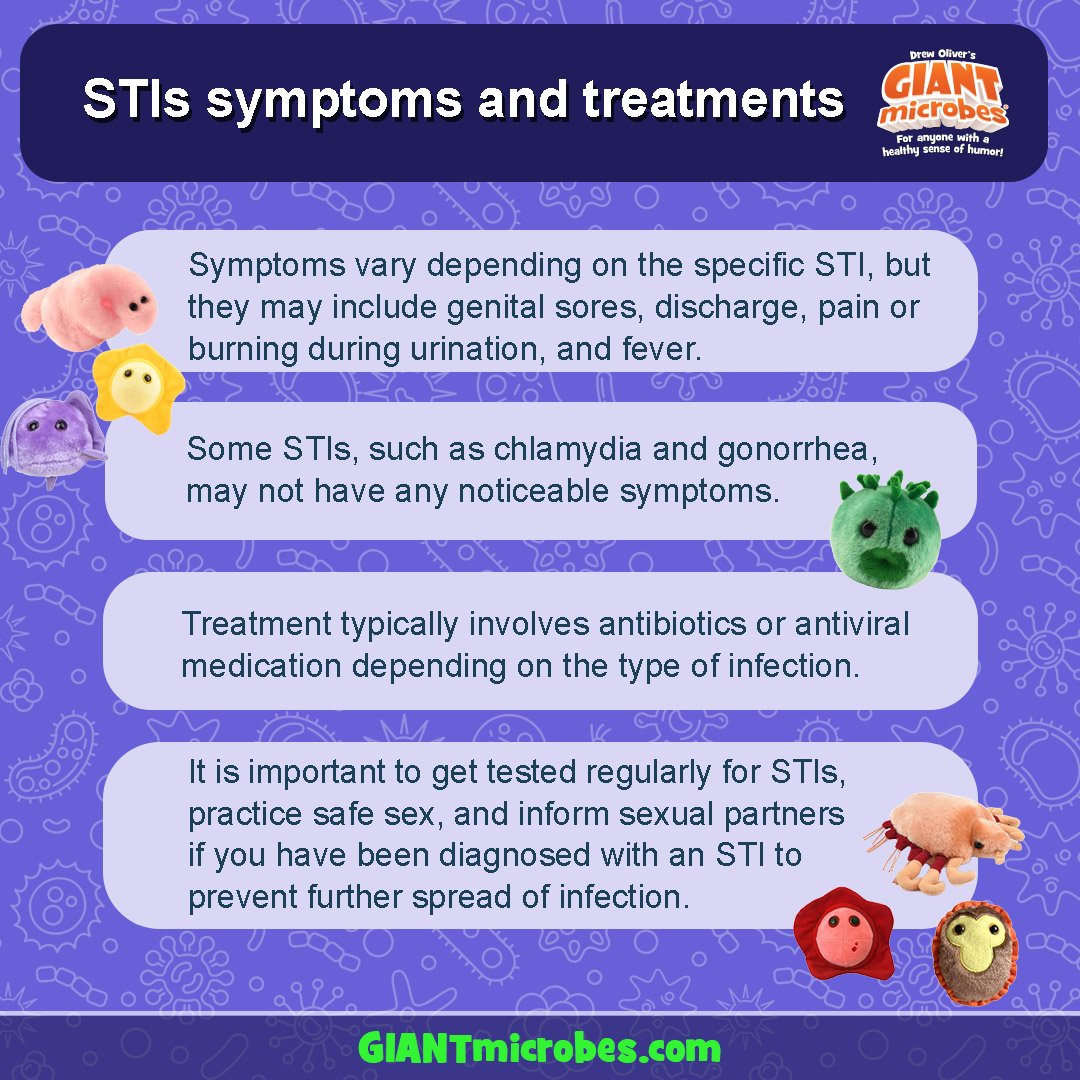
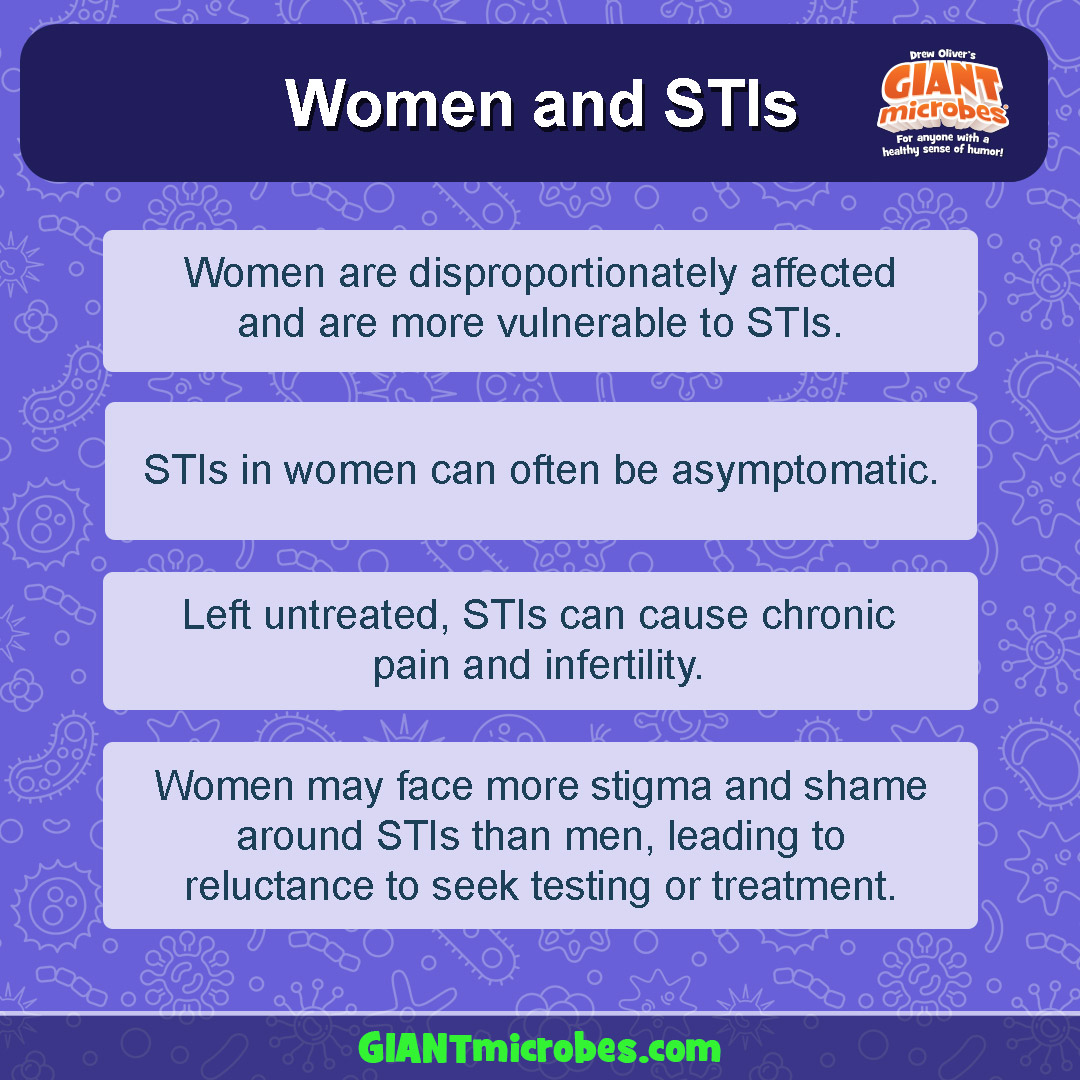
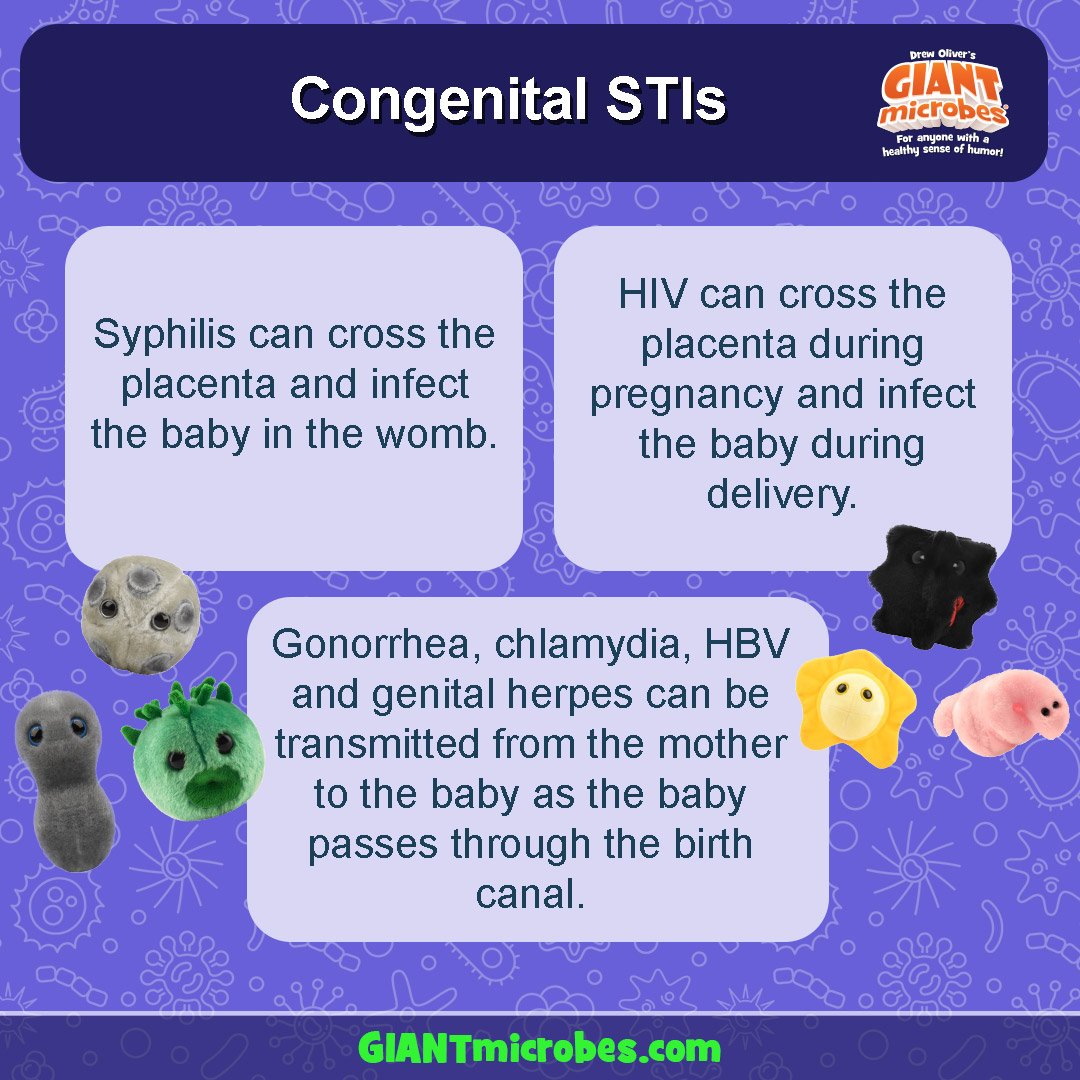
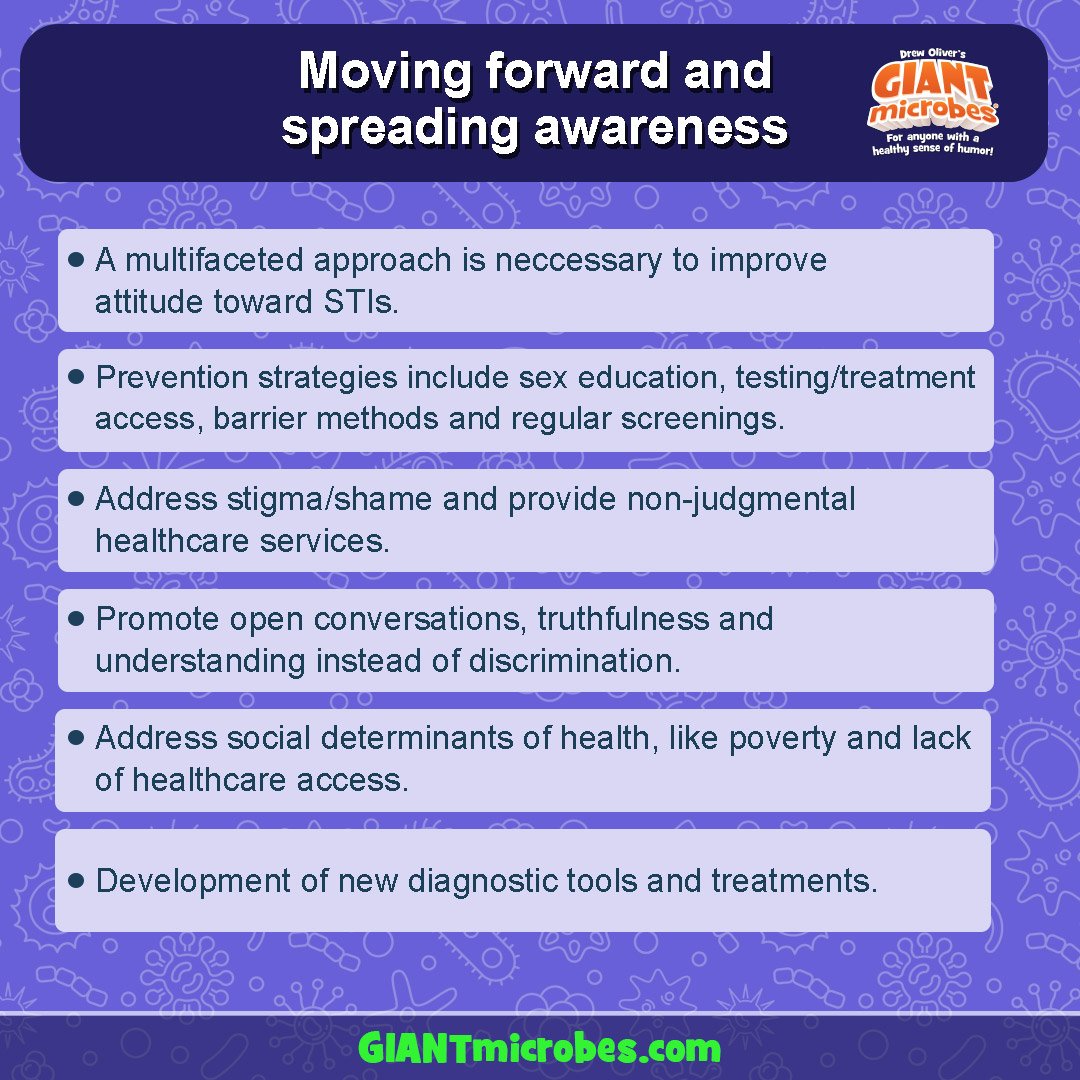
Promoting open conversations and education about STIs is crucial for reducing stigma and increasing awareness about prevention, testing, and treatment. With accurate and comprehensive sex education, individuals can learn about the risks associated with sexual activity and how to protect themselves and their partners from STIs. Open conversations can also help to reduce shame and encourage individuals to seek testing and treatment if needed. Additionally, increased education about STIs can help to dispel myths and misconceptions that contribute to stigma and discrimination. Promoting open conversations and education about STIs is an essential step towards creating a safer and healthier society.








